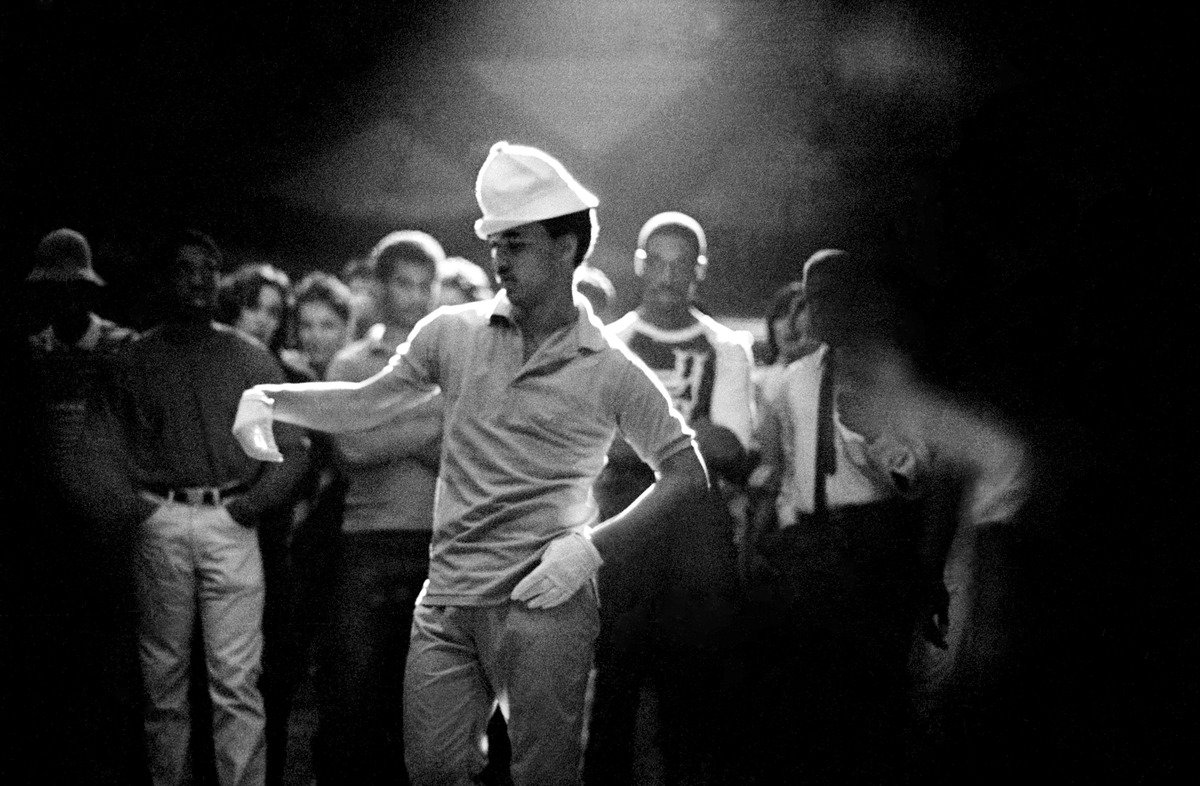Notes on a talk by Michael Stone at the Centre of Gravity, Toronto, January 22, 2012.
Listening
Nada Yoga means sitting and opening to sound, to whatever sound is arising and passing away.
“The pranayama and mudra techniques in hatha yoga are followed to bring about the retention of prana within the body. This retention of prana instigates the profound “inner heat” which stirs the sleeping Kundalini from her slumber.
As a result, when Kundalini rises up and pierces the chakras and granthis, the yogi in deep introspection is said to be able to hear a “subtle” or “inner sound” (Nadam) within the right ear. The sound can also be said to be the subtle vibration within. This Nada or Shabda is considered to be Kundalini-Sahkti herself manifested as sound or vibration. That is the reason why one of her titles is Shabda-Brahma (Brahma’s sound). As the Kundalini force ascends in the Nadi, the sound becomes increasingly defined and intense. The entire mind and body of the yogi is fully absorbed in its vibrations.
Anusandhana roughly translates as “being intent upon” or “attending to.” Hence the practice of Nadanusandhana (Nada + Anusandhana) is defined as fixing one’s attention upon the inner sound. The entire purpose of the practice is to bring about the dissolution of mental modifications (chitta-vritti). This is also the ultimate aim described in Patanjali’s Yoga Sutra where the resulting state is Laya (absorption).” (“Nadanusandhan” on the website: Indiantzone.com)
There are 125,000 forms of Laya, or ways to let go. But the one that brings Samadhi the quickest is just listening. Perhaps we could say this to our partners. There are 125,000 things you could do for me, but the most important is to listen.
The word “nada” is where we get nadi or river, there are rivers of sound we are swimming in. If we listen we can hear how listening means entering the river of sound. Sometimes we can listen without grasping, or naming, or telling stories about sound, we can just receive.
Recap
The first chapter of The Way of the Bodhisattva: to awaken is to be altruistic, compassionate.
The second chapter: to atone for all of our sins (oh, this starts to smell like the religion I’m running away from). In place of mindfulness – forgiveness. We need to do forgiveness practice. If you can’t do it all day long sometimes, then resentment can begin to arise. Have you ever done this? You can’t forgive so you keep hitting the replay button, Reliving that wound, that hurt. It’s also important not to confuse forgiveness and reconciliation. Forgiveness doesn’t mean getting together with the person who hurt you and being their best friend again. Before that happens forgiveness needs to be a deep practice. To forgive ourselves, and then extend that forgiveness outwards.
Sheep Dog Practice
There’s a man named Joe who had a sheep dog named Hank. When they went out Hank would nip at Joe’s ankles, and nudge him and push him. One day Joe had a party and Hank was there too of course. At the party Hank would nip at people’s ankles and nudge and move them until they all wound up in a corner talking to each other. Such an excellent party! And no one even noticed Hank. This is how the bodhisattva practice works.
Grooves
We have so many grooves invested in so deeply that we can’t let go of. There’s places we put our energy into that don’t give us energy back. Sometimes you need to learn how to take a sword and cut out what is drawing energy away from being creatively engaged.
Chapter 2, 26.
I seek refuge in all the Buddhas
Until I possess the essence of Awakening;
I seek refuge in Dharma
And in the assembly of Bodhisattvas
With folded hands, I beseech
The Buddhas and Bodhisattvas,
Who possess the great compassion
And reside in all directions.
Throughout beginningless cyclic existence,
In this life and others,
Unknowingly, I committed transgressions
And ordered them to be done (by others).
Overwhelmed by the deception of ignorance
I rejoiced in what was done,
But now, seeing these mistakes,
From my heart I confess them to the Buddhas. 
Teachers
When I started studying I was interested in studying with my teacher’s teachers. How did that person produce that person? Over the years I’ve seen my teachers they’ve had so much trouble. Everyone I study with is getting old, Norman is almost 70, Enkyo Roshi is in her 70s, Richard Freeman just had an operation for a double detached retina. No matter how stellar they are, their bodies are falling apart. I vowed that I would study with them as long as I can. This wound up helping my relationships with my father and mother and friends. I could forgive them (and forgive myself) for having such high expectations. Who hasn’t loved someone and been let down? How to stay with someone even as the relationship grows rocky?
Partner Exercise
Find a partner and share with them where you have a sunken cost issue. Here is the background. In New Jersey they have a football team, and it always does badly. They replace the offense, they replace the defense. It always does badly. The only player they don’t replace is the quarterback. And why? Because he makes 8 million dollars a year. He isn’t any good, but he makes so much he can’t be let go. Perhaps there’s something in your life that you’re holding onto. It doesn’t work anymore, but you keep paying it so much you can’t drop it. Maybe you’re scared of changing or exchanging. If you want it to go you need to atone, you have to forgive for real. And then perhaps you don’t need to carry around quite so much baggage.
In order to forgive you need two things. You need to know how you feel. And you need assertiveness. You have to do something about it. Doing something can take many forms. Maybe it means expressing how you feel, or deciding how you will look after yourself. It reintroduces agency.
Bowing
In the Zen tradition once you acknowledge some way you need to atone you might begin a serious bowing practice in order to physicalize the atonement. Norman Fischer had a student come to visit him who had a string of troubling relationships, there were children being born and hearts broken. He wanted to atone. What should I do? Norman said that every day when he woke up he should make 108 full bows. How will that help? You’ll see.



